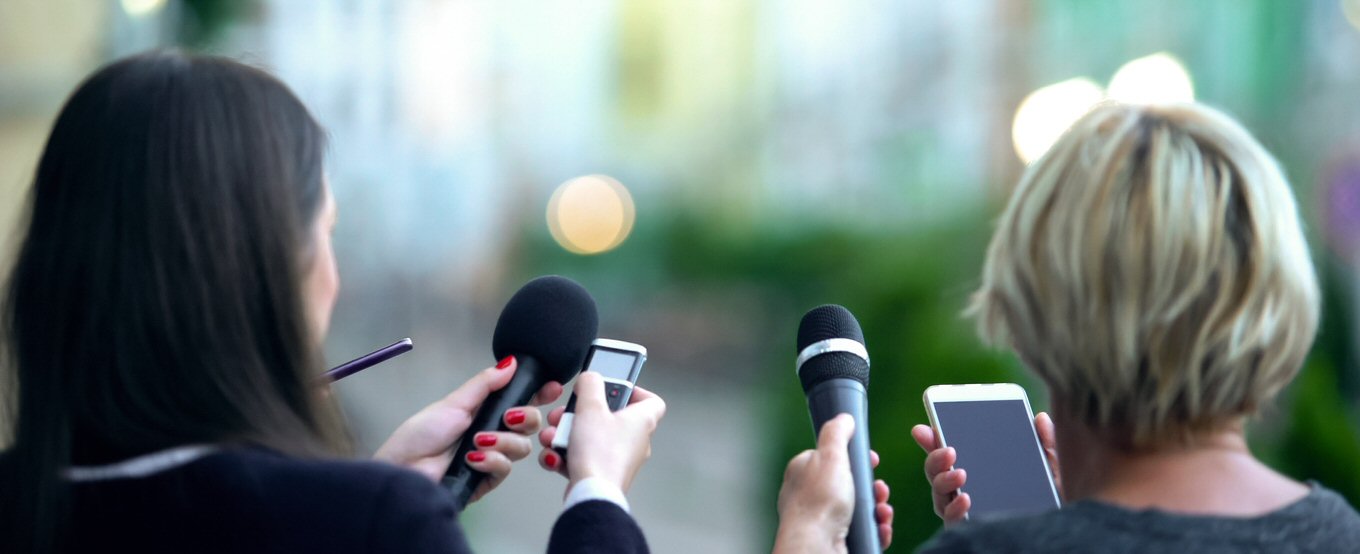New York, NY, Tuesday, July 3, 2023 – The Women’s Bar Association of the State of New York (WBASNY) strongly expresses its dismay over the U.S. Supreme Court’s joint decision in Students for Fair Admissions v. University of North Carolina and Students for Fair Admissions Inc. v. President & Fellows of Harvard College, which struck down affirmative action as a consideration in college admissions. This decision will have significant detrimental effects on the already underwhelming pipeline for diverse students applying to colleges, universities, and law schools, and this impact will be especially severe for women of color.
WBASNY firmly believes in equality, diversity, equity, and inclusion, and it was proud to participate in these cases as an amicus curia (friend of the Court) in support of the current measured admissions processes used by both Harvard and the University of North Carolina to ensure fairness to applicants, while simultaneously fostering a diverse student body and combating past and present discrimination. The amicus brief highlighted the importance of affirmative action policies – which notably were previously authorized by past decisions of the U.S. Supreme Court. Those precedents – now abandoned by the majority opinion – ensured that candidates must first demonstrate that they meet all qualifications for admission, and then allowed colleges to consider other factors to promote a more diverse campus. These steps helped ameliorate the realities of historic, ongoing, and pervasive race and sex discrimination; they did not cause anyone to be admitted who did not already meet each college’s admissions standards.
As noted by Justice Ketanji Brown Jackson in her dissent, the majority ruling has a “let them eat cake obliviousness” that resonates with our concerns. The Court’s decision disregards both the historical context and the real and pervasive impacts of racial disparities and systemic racial inequality, which are still prevalent today. By overturning decades of precedent and undermining affirmative action, the Court’s decision hinders opportunities for those who are qualified for admission and whose presence in institutions of higher learning are essential for the benefit of those colleges and for society at large.
Most striking is the majority’s express exemption of military academies and colleges from its new bar on the use of affirmative action, which demonstrates the hypocrisy underlying its reasoning. As Justice Jackson noted in her dissent: “The Court has come to rest on the bottom-line conclusion that racial diversity in higher education is only worth potentially preserving insofar as it might be needed to prepare Black Americans and other underrepresented minorities for success in the bunker, not the boardroom.”
The consequences of this ruling are far-reaching, extending beyond colleges and universities. It directly implicates WBASNY’s mission and threatens to exacerbate the current underrepresentation of women of color in the legal profession. Diverse attorneys account for a disproportionately low percentage of the legal workforce, and this decision will undoubtedly further widen this gap. Moreover, since it will deny college admissions to many diverse candidates, it will also make it more difficult for law firms and the judiciary from fulfilling their commitments to diversity, thereby perpetuating a cycle of inequality in all aspects of the justice system.
In her powerful dissent, Associate Justice Sonia Sotomayor noted that “race still matters to the lived experiences of all Americans,” and the Court’s ruling attempts to impose a “colorblindness for all” approach that ignores the reality of racial disparities. As Justice Sotomayor highlights, acknowledging racial identity does not perpetuate stereotypes but instead combats them, fostering a more inclusive and equitable society. Indeed, the Court’s decision will reduce the fairness of admissions, as the purported virtue of ‘color blindness’ effectively grants greater rights to those who get “legacy” admissions by virtue of family ties than to those who have overcome bias and prejudice to achieve comparable qualifications through hard work, persistence, and grit.
WBASNY calls upon everyone to remain vigilant and committed to ensuring diversity in colleges, law schools, law firms, the judiciary, and the legal community as a whole. Just as President Biden urges institutions not to abandon their commitment to a diverse student body, we must persist in our efforts to promote diversity and access for all in the legal profession and society at large.
A key element of WBASNY’s mission is its dedication to the fair and equal administration of justice. The ramifications of this decision are profound, impacting our society’s collective progress toward achieving the goals of equality and justice. WBASNY urges all stakeholders to unite and continue fighting for a more inclusive society that embraces and celebrates the breadth and depth of our diverse experiences.
# # #
The Women’s Bar Association of the State of New York (WBASNY) is the professional membership organization of choice for nearly 4,000 attorneys throughout New York State and the largest statewide women’s bar association in the country. For more than four decades, WBASNY has been a singularly important resource for women lawyers, providing professional networking, continuing legal education programming, leadership training, and advocacy for the rights of women, children, and families. Through involvement with WBASNY’s 20 regional chapters and its 40-plus substantive law committees, WBASNY’s members collaborate with one another on a variety of issues and perform public and community service, in furtherance of its mission to promote the advancement of the status of women in society and women in the legal profession; to promote the fair and equal administration of justice; and to act as a unified voice for its members with respect to issues of statewide, national and international significance to women generally and women attorneys in particular. WBASNY holds United Nations NGO status with the U.N.’s Department of Public Information, and Special Consultative status in association with the U.N. Economic and Social Council (ECOSOC). WBASNY is also a founding member of the National Conference of Women’s Bar Associations.

